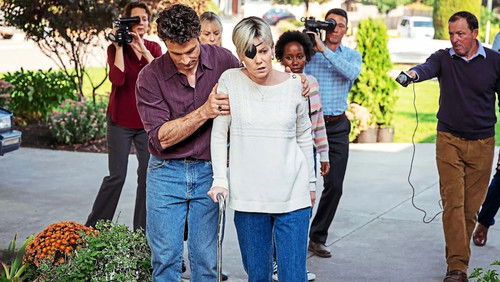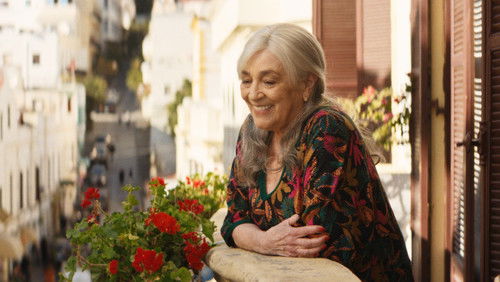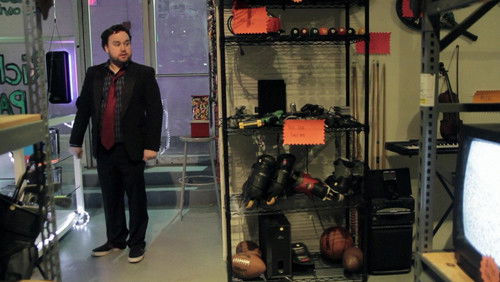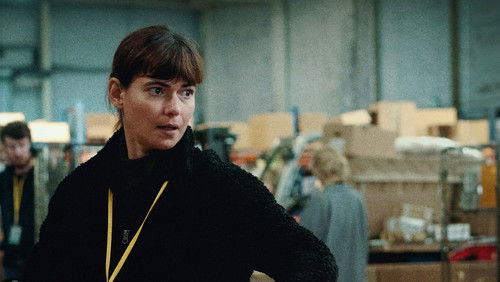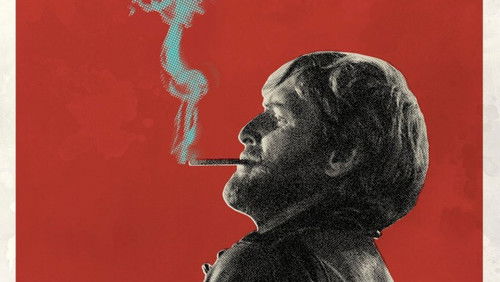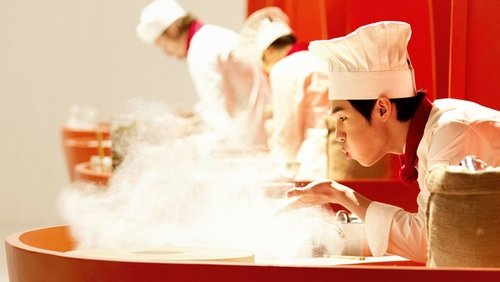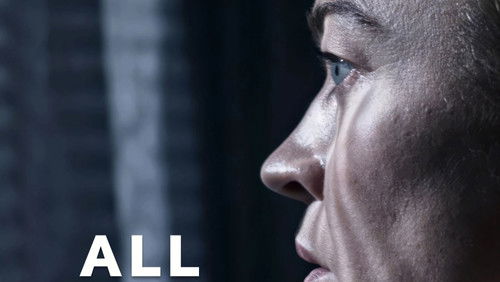Der Henker von London (1939)
55KDer Henker von London: Directed by Rowland V. Lee. With Basil Rathbone, Boris Karloff, Barbara O’Neil, Ian Hunter. In the 15th century Richard Duke of Gloucester, aided by his club-footed executioner Mord, eliminates those ahead of him in succession to the throne, then occupied by his brother King Edward IV of England. As each murder is accomplished he takes particular delight in removing small figurines, each resembling one of the successors, from a throne-room dollhouse, until he alone remains. After the death of Edward he becomes Richard III, King of England, and need only defeat the exiled Henry Tudor to retain power.
“From the confines of the gloomy TOWER OF London, Richard, the treacherous Duke of Gloucester, murders his way to the throne of England.u003cbr/u003eu003cbr/u003eThis lively u0026amp; enjoyable pseudo-historical drama presents some surprisingly good performances which do much to elevate the film and make it quite enjoyable.u003cbr/u003eu003cbr/u003eBasil Rathbone is excellent as Richard, leering u0026amp; smirking, dangerous as a poisonous serpent, he takes what could be a rather hammy part and gives it a certain malevolent stature. Here was a villain able to charm, coddle or kill his own brothers with equal skill. Rathbone makes him quite believable. (Oddly, while carrying Richardu0026#39;s humpback, Rathbone ignores the Kingu0026#39;s withered left arm.)u003cbr/u003eu003cbr/u003eAlthough this is not a horror film, Boris Karloffu0026#39;s Mord the Executioner is a very horrific character. Bald headed u0026amp; club-footed, he stalks about the Tower carrying out Richardu0026#39;s foul orders. Karloff makes an indelible mark in his very first scene, inflicting more torments on the denizens of the torture chamber. With such a striking performance, as well as his status as one of Universalu0026#39;s most celebrated actors, it is strange that Karloff doesnu0026#39;t receive equal billing with Rathbone here.u003cbr/u003eu003cbr/u003eVincent Price does very well in the role of the nervous, jealous, doomed Duke of Clarence, holding up nicely to the over-the-top performances of Rathbone u0026amp; Karloff. (It is fascinating to see this early teaming of the three frightmeisters; the next time they would all appear in the same film would be in 1963u0026#39;s THE COMEDY OF TERRORS.)u003cbr/u003eu003cbr/u003eSpecial mention should be made of Ian Hunter as Edward IV. While acquiescing to all of Rathboneu0026#39;s bloody schemes, Hunter nonetheless injects an element of sardonic humor into the role, making it very entertaining.u003cbr/u003eu003cbr/u003eBarbara Ou0026#39;Neil as stately Queen Elizabeth, Nan Grey as spunky Lady Alice u0026amp; Rose Hobart as lovely Anne Neville each do good work in roles which demand little from any of the actresses.u003cbr/u003eu003cbr/u003eThe supporting cast is sprinkled with familiar faces – Leo G. Carroll, Miles Mander, Lionel Belmore, Ernest Cossart – each excellent in small roles. Far down the cast list is Ralph Forbes as Henry Tudor. This splendid actor was on the very cusp of becoming a major star at the end of the silent era; although gifted with a fine speaking voice, he was never able to achieve his full potential in talking films.u003cbr/u003eu003cbr/u003eMovie mavens will recognize uncredited appearances by both Robert Greig as a friendly priest u0026amp; Nigel de Brulier as the archbishop who marries little Edward V.u003cbr/u003eu003cbr/u003eUniversal gives the film a fine gloss, with good atmospherics. The exterior London scenes look impressive on the screen.u003cbr/u003eu003cbr/u003eThe film presupposes a certain amount of intelligent knowledge to already be in the hands of the audience. Indeed, a working acquaintance with the facts surrounding the Wars of the Roses u0026amp; the English Line of Succession could only be of help to the viewer in unraveling the intricate plot.u003cbr/u003eu003cbr/u003eTOWER OF London should be enjoyed as entertainment, not accepted as historical fact. Modern research is slowly overturning many of the old beliefs concerning Richard of Gloucester. As a result, he is emerging as a far less bloody individual and one who may have been pilloried for centuries by an unfriendly press. Shakespeare, it should be remembered, was writing for the Tudors – who may have had their own dark ancestral deeds to hide. Indeed, there is much creditable speculation that it was actually Henry Tudor who had the young Tower Princes murdered.”
